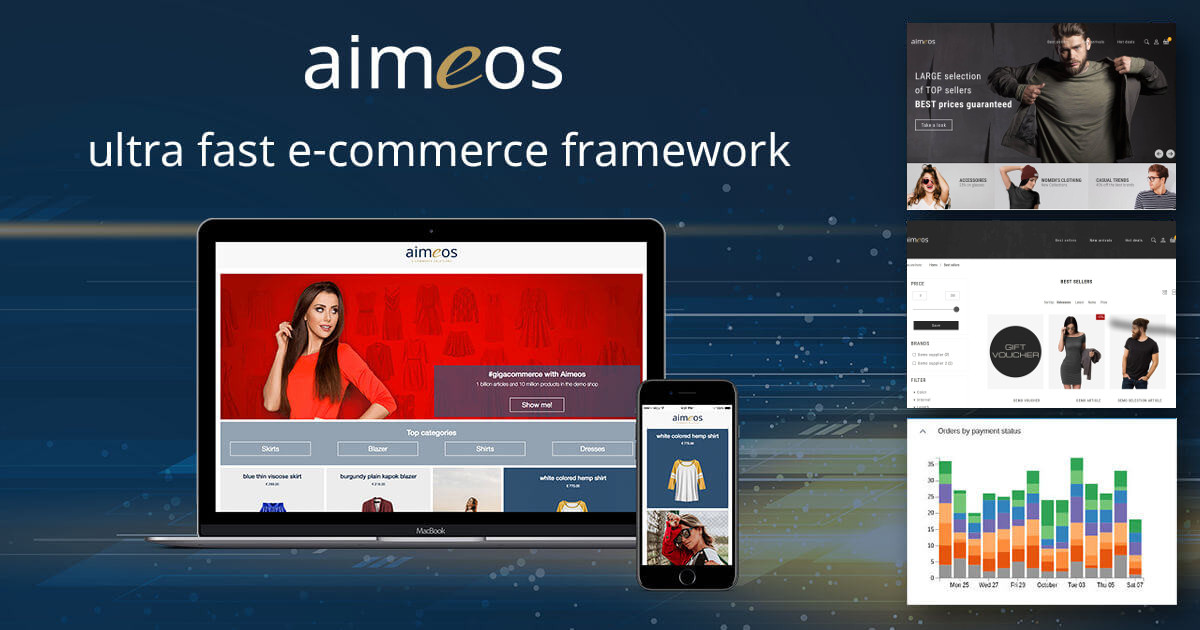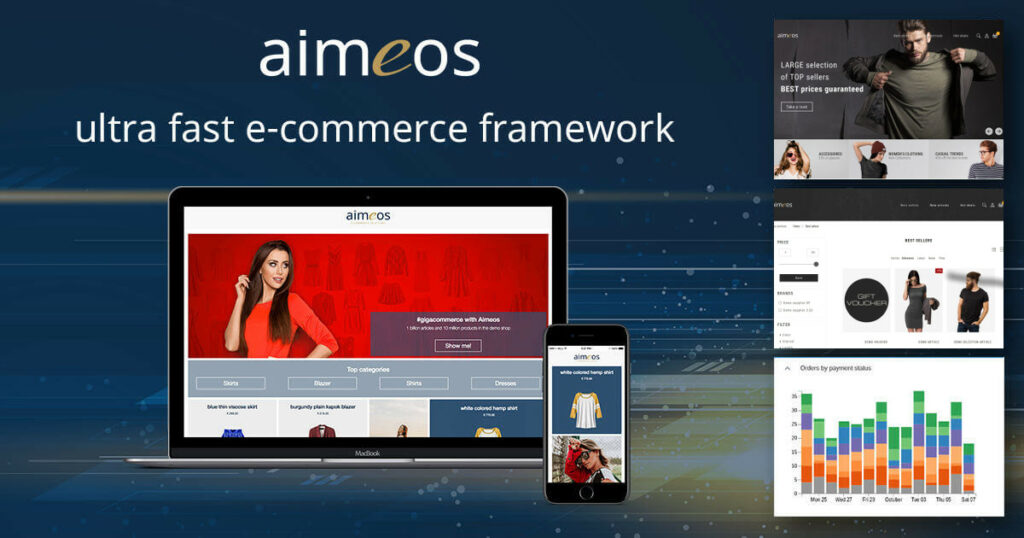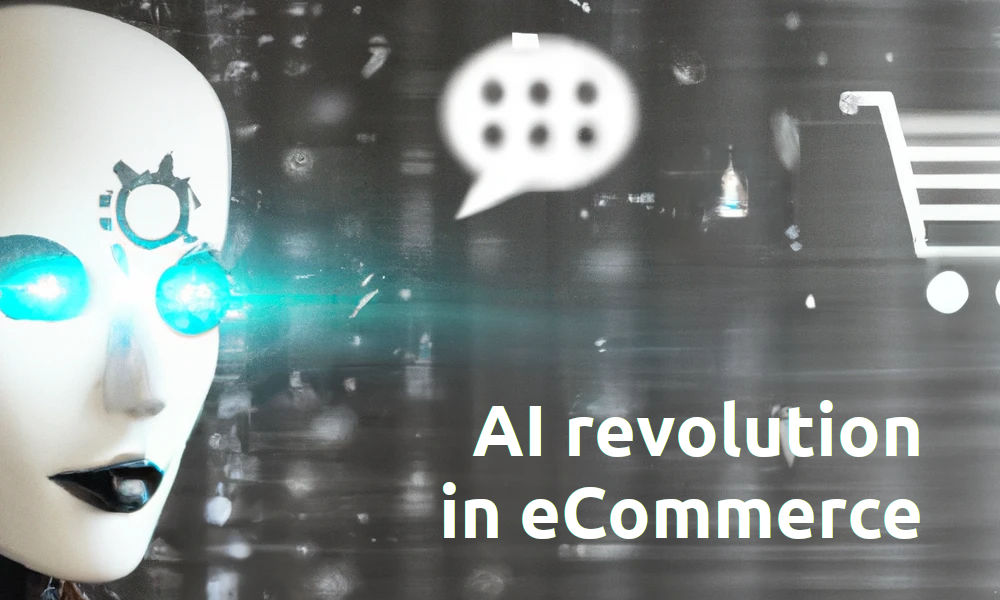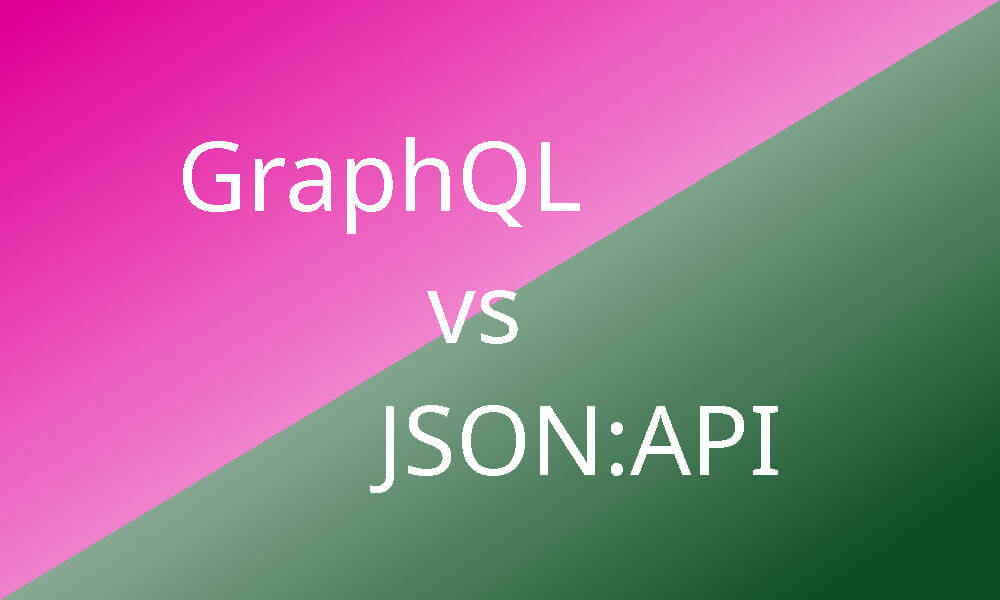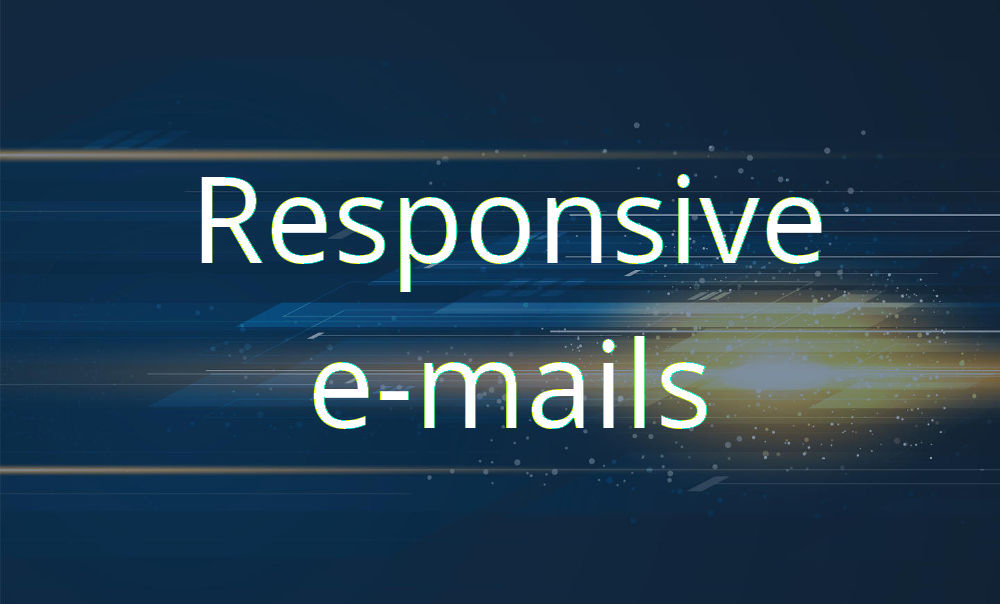Since the availability of ChatGPT, a large language machine learning model from OpenAI, artificial intelligence seems to be on the rise. Now, editors writing texts might be seen as a dying species because tools like ChatGPT can do the same in seconds and in almost the same quality. This is similar to how DeepL, a translation tool based on machine learning, changed the translation industry before.
Especially in eCommerce, search engines like Google require a lot of relevant text before pages show up at the top of search results. This can now be automated in Aimeos, the first eCommerce framework with direct integration of ChatGPT and DeepL. This allows editors to generate any text in seconds and have it translated into 29 languages.
Read more AI revolution in eCommerce ›
